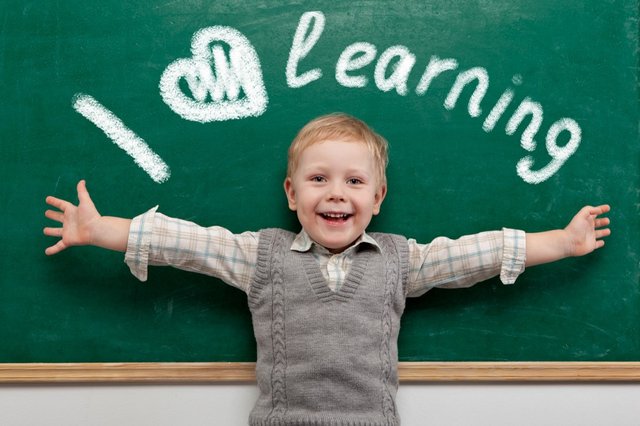Not every book is useful for children
We of course spend a lot of time with children and read them exciting bedtime stories and fairytales. It has long been known that regular book reading to children stimulates their brain development, and psychologists are sure that this strengthens relationships between parents and children during an extremely important time in child development. Besides, the child acquires the necessary language, and emotional and social skills that they will use throughout life. Recent studies have shown that the more books parents read to their children before the age of four, the better children develop vocabulary, and reading and writing skills. But are there books that will qualitatively improve the learning process? Researchers from Florida (Cognitive Development Lab) tried to answer this question by studying the brain activity of children younger than one.

First, they examined six-month-olds’ attention as they watched various fairytale characters that they had never seen before. At the same time, they used electroencephalography (EEG) to record their brain reactions to images. These brain observations revealed how the children distinguished the pictures they were shown. An eye tracking system helped researchers understand which characters children paid more attention to. Data collected on the first visit to the lab served as a basis for comparison with the results of the next stage of the study.
During the next three months, one group of parents read books which contained six characters with names to their children. Another group was given collections of stories, but characters in them had no names. Finally, there was a third comparative group of children whose parents did not read them anything special for the study.
Three months later, the children returned to the lab to again measure their attention to various characters from fairytales. It turned out that only the children who received books with characters with names had a higher level of attention than their first examination. Nothing similar was found in the other two comparison groups.
So, what do these results mean and how can they help parents?
It became clear that not all books can equally promote children development. For younger children, books with different characters with names can lead to better information uptake, i.e. they will contribute to child memory development. Specific characters in such books are associated with events and let children remember the chronology of the story. Of course, all children are unique, so parents should try to find books that will evoke interest in their child, but if the entertaining book about animals that your child received as a gift does not contain names, then (life hack) come up with them yourself. The book will become even more informative and useful.
The original article raises some questions: why not use data from a home EEG to always see the dynamics of future personality development and offer much more of what is useful to a particular individual? Of course! Not every child will agree to wear a bulky thing on their head with a bunch of wires and sticky stuff that touches his or (even worse) her head for “best contact”. That’s a direct way to child psychosis! The child should not notice anything on themselves — this is a mandatory condition for using neural assistants with such tasks. Fortunately, modern technologies have allowed to reach the level of “dry contact” with the user and to make the device a comfortable size. The neural brain monitoring system Basis Neuro has only 4 points of contact with the surface of the head, the size of the transmitter is that of a matchbox (if it were flat), and of course, no wires. We pay special attention to developments for young consumers, because they are our future! #BasisNeuro